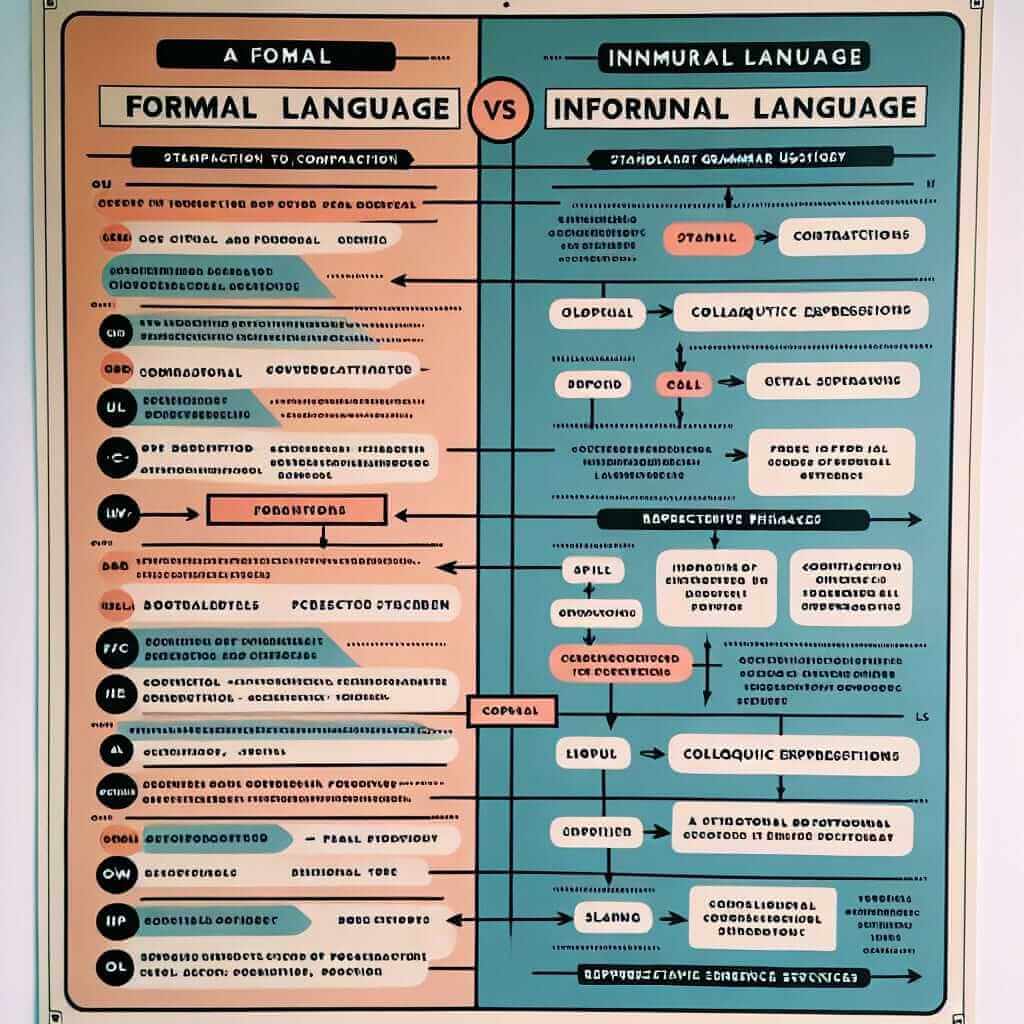The Dilemma of Slang in IELTS Preparation
As an IELTS instructor with over two decades of experience, I often encounter the question, “Should we teach slang in IELTS class?” It’s a valid concern. Students preparing for the IELTS exam want to maximize their band scores, and using appropriate vocabulary is crucial for achieving this. However, the role of slang in language learning, particularly for a high-stakes exam like IELTS, is often misunderstood.
Understanding the Role of Formal and Informal Language
Before addressing the use of slang specifically, it’s vital to understand the difference between formal and informal language.
Formal language is characterized by:
- Standard grammar and vocabulary: Avoiding contractions (e.g., using “cannot” instead of “can’t”) and colloquialisms.
- Objective tone: Presenting information factually and avoiding personal opinions or emotional language.
- Complex sentence structures: Utilizing a variety of sentence lengths and grammatical structures to convey nuanced meanings.
Informal language, on the other hand:
- Uses contractions, colloquialisms, and slang: Making the language sound more casual and conversational.
- Employs a subjective tone: Allowing for personal opinions, humor, and emotional expressions.
- Favors simpler sentence structures: Prioritizing clarity and ease of understanding in casual conversations.
The IELTS exam, particularly the Speaking and Writing sections, demands a strong command of formal English. This means adhering to grammatical rules, using a wide range of sophisticated vocabulary, and maintaining a neutral and objective tone.
So, Where Does Slang Fit In?
Slang, by definition, is very informal language specific to particular groups or contexts. While it adds color and nuance to everyday conversations, it’s generally considered inappropriate for formal settings like academic writing or the IELTS exam.
Here’s why teaching slang in IELTS class can be counterproductive:
- Risk of Misinterpretation: Slang is highly context-dependent and can be easily misunderstood, potentially lowering your score in the IELTS Speaking test.
- Limited Usefulness: The IELTS exam focuses on your ability to communicate effectively in a wide range of formal and semi-formal situations where slang would be rarely used.
- Impact on Fluency and Coherence: Using slang inappropriately can disrupt your flow of speech and make your ideas sound disjointed, negatively impacting your fluency and coherence score.

Focus on Building a Strong Foundation in Formal English
Instead of spending valuable time on slang, I encourage my students to:
- Expand their vocabulary with formal equivalents: For example, learn synonyms like “excellent” or “outstanding” instead of relying on slang like “awesome” or “cool.”
- Practice using idiomatic expressions appropriately: Idioms are commonly used in formal English, but it’s crucial to learn their correct meanings and contexts.
- Develop a keen understanding of register: Being able to adapt your language to different levels of formality is a valuable skill for the IELTS exam and beyond.
Conclusion: Prioritize Clarity and Accuracy
While understanding slang can be helpful for general English fluency, it shouldn’t be a primary focus in IELTS preparation. Concentrate on building a strong foundation in formal English, expanding your academic vocabulary, and mastering grammatical accuracy. This approach will best equip you to succeed in the IELTS exam and demonstrate your true English language proficiency.